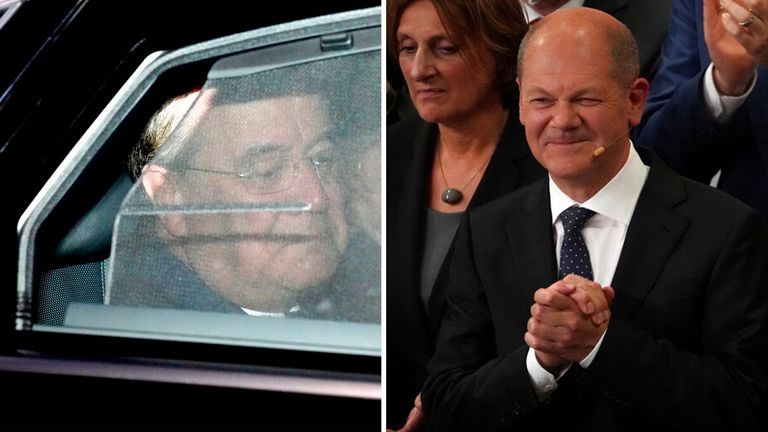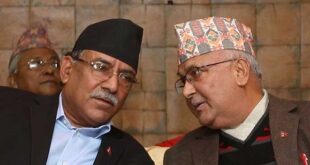Special Desk
The poll results have come and Germany’s centre-left Social Democrats (SPD) have narrowly won the country’s federal elections, defeating Chancellor Angela Merkel’s the party.
As per the primary results the SPD secured 26.0% of the vote, while the ruling conservative CDU/CSU bloc gained 24.5%.
The Greens achieved the best result in their party’s history, coming in third with 14.8% of the ballot. A coalition must now be created to form a government.
“We are now ahead and all surveys show this,” the Social Democrat’s chancellor candidate Olaf Scholz said in a meeting with other candidates after the results came. SDP leader Olaf Scholz earlier said his party had a clear mandate to rule, as his party started to edge into the lead.
Exit polls predicted a dead heat, but this election has been unpredictable from the start, and the result was never going to be the end of the story. For one thing, the outgoing chancellor is going nowhere until the coalition is formed – and that may have to wait until Christmas.
The successor’s task is to lead Europe’s foremost economy over the next four years, with climate change at the top of voters’ agenda.

Scholz’s SPD supporters greeted him in raptures, but it was only later when his party edged into the lead that he told a televised audience the voters had given him the job of forming a “good, pragmatic government for Germany”.
This is for the first time that Germany is facing a three-way coalition. Beyond the four mainstream parties, it was a bad night for the radical left and a patchy night for the far right.
Left-wing Die Linke could even fall out of parliament if its final vote falls below the 5% threshold.
 Jubilee Post News & Views
Jubilee Post News & Views




